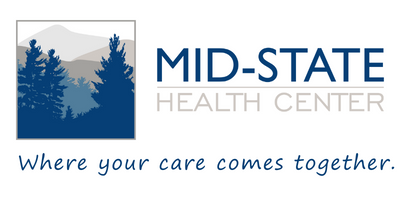As the seasons transition and daylight hours diminish, it’s an important time to shed light on Seasonal Affective Disorder (SAD) and empower the community with knowledge to prevent and manage this condition.
SAD is a type of depression occurring at a specific time of year, commonly in the fall and winter months due to lack of sunlight as days get shorter and darker. The impact of SAD can range from mild to severe, affecting one’s overall well-being and daily functioning.
Reduced sunlight during these seasons is thought to play a significant role in SAD development, disrupting the body’s internal clock and influencing serotonin and melatonin levels, contributing to mood changes. According to the American Psychiatry Association, one in five individuals report negative impacts on mental health due to daylight savings time changes. Symptoms include mood swings, low energy, altered sleep patterns, irritability, and persistent sadness.
For those grappling with winter struggles, there are ways to manage!
Light Up Your World: Light Therapy, or exposure to a bright light that mimics natural sunlight, has been shown to be an effective treatment for SAD. Light therapy boxes are available and can be used at home. Ask your primary care or behavioral health provider for guidance on getting started.
Get Outside: Maximizing exposure to natural daylight by spending time outdoors during daylight hours, even on overcast days, can help regulate circadian rhythms and improve mood.
Regular Exercise: Engaging in regular physical activity has been proven to alleviate symptoms of depression, including those associated with SAD. Incorporating exercise into your routine can have positive effects on both physical and mental well-being.
Mindfulness and Therapy: Practices such as mindfulness meditation and therapy, including cognitive-behavioral therapy (CBT), can be effective in managing symptoms and improving overall mental health.
Fuel Your Body: Ensuring a proper diet, and consulting with a healthcare professional about the potential benefits of vitamin D supplementation, especially during the darker months when natural sources may be limited.
It’s important to reach out for support if you’re experiencing persistent feelings of depression. Assistance is accessible! Contact your provider, visit an emergency room, or dial the Crisis Lifeline at 988 for immediate help during a crisis. By intervening early and receiving the right support, you can effectively address and lessen the impact of Seasonal Affective Disorder (SAD) on your mental well-being. To schedule an appointment at Mid-State Health Center, reach out at 603-536-4000, or explore more information about our Behavioral Health providers at midstatehealth.org.
